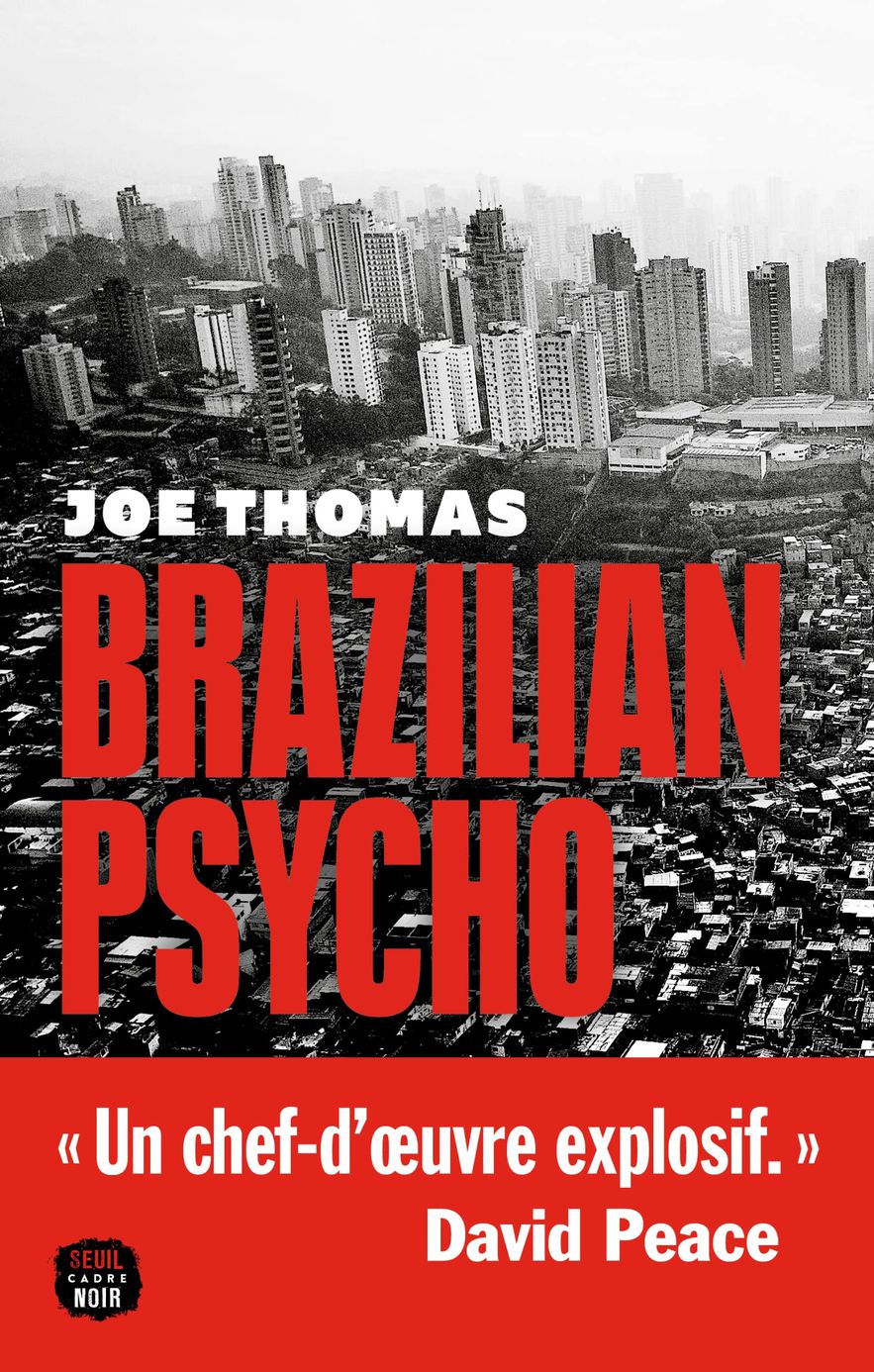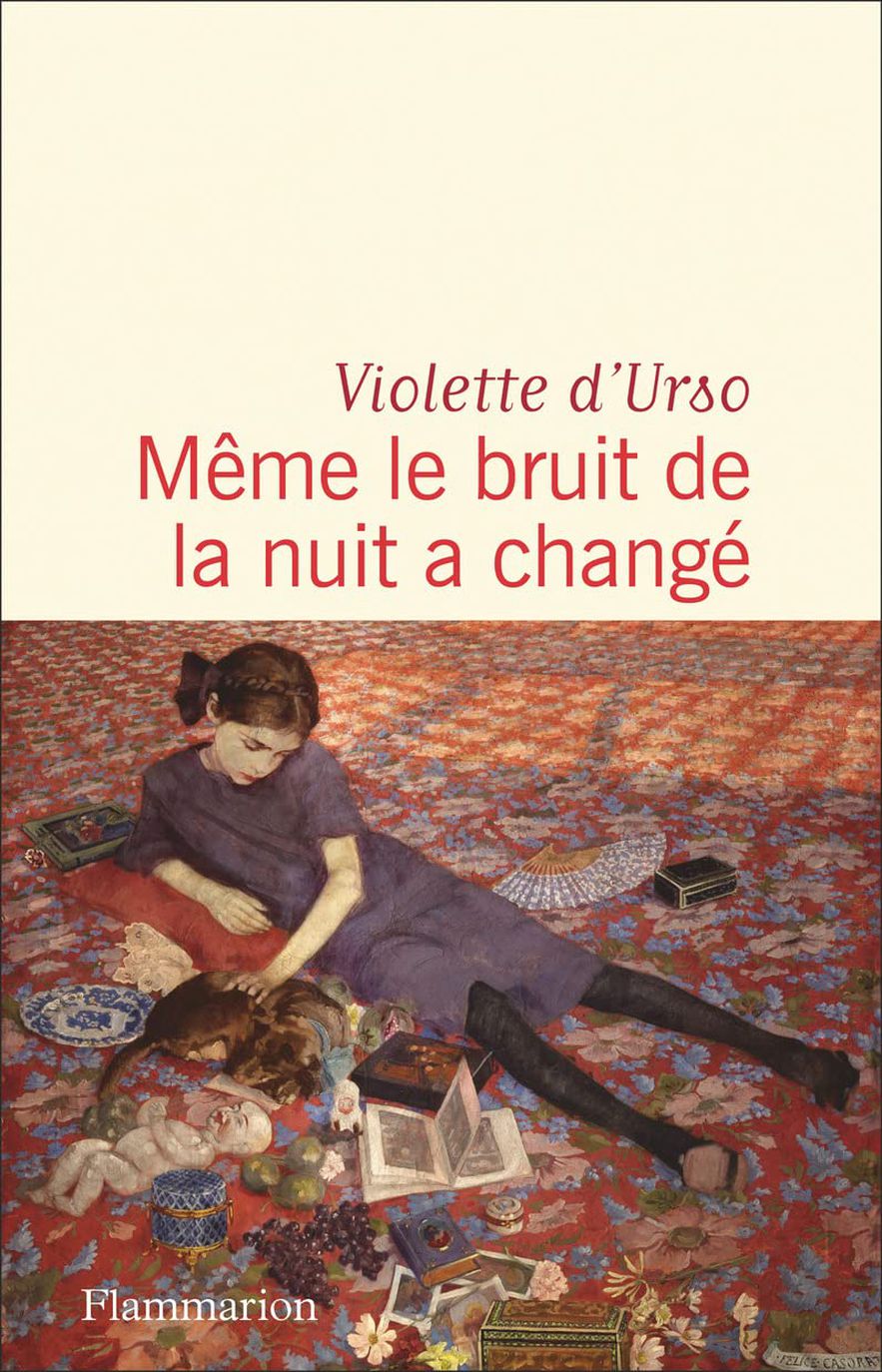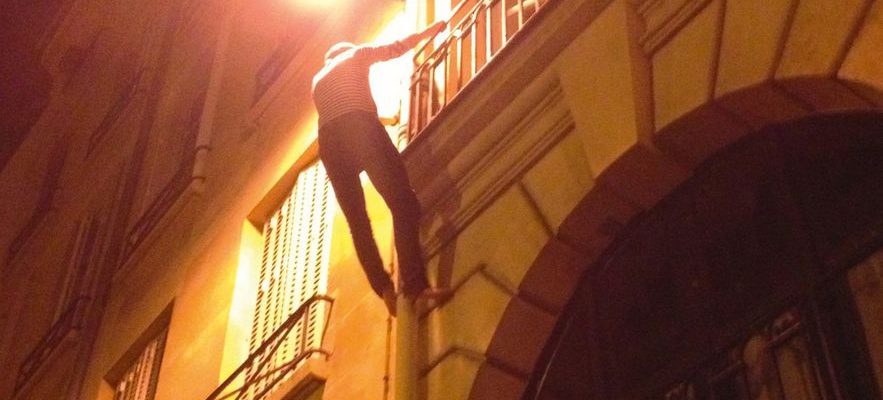Towards the heights
By Ludovic Escande
Allary Editions, 228 pages, €18.90.
The rating of L’Express: 3/5
TOWARDS THE HEIGHTS BY LUDOVIC ESCANDE
/ © ALLARY EDITIONS
Mont Blanc is not the only thing in life. Before climbing the mountains, you can practice your hand (and foot) while staying in Paris. This novel, which feels very autobiographical, tells how the publisher Ludovic Escande recovered from his divorce by learning urban mountaineering. At the beginning of the book, he goes through a slight slump. Settling alone in a one-bedroom apartment on the rue du Dragon does not cheer him up. Fortunately, he can count on his friend Vincent (who looks a lot like Sylvain Tesson): this daredevil writer offers him to climb his building – then Saint-Sulpice and other facades.
Escande’s romantic double is not the reincarnation of Maurice Herzog: a little clumsy and ill-equipped, the novice scratches the leather of his shoes and tears his jackets. Little by little, the ascent intoxicates him: “An inalienable part of my happiness is up there.” It must be said that Vincent knows how to illuminate the grayness of everyday life. At night, once perched on the roofs, the two comrades open good bottles and read poetry. They also laugh a lot. In a dehumanized world, they open the way to a kind of bohemian harness, as if René Daumal equipped himself at The North Face. Naturally, the neighbors of Escande will taste little of his exploits as a leader, and we must also note the humor of this touching book where a boy without history becomes an outsider in the evening. Throughout these two hundred pages, Ludovic Escande performs all his stunts himself. We advise our readers not to reproduce them at home. Louis-Henri de La Rochefoucauld
Brazilian Psycho
By Joe Thomas, trans. from English by Jacques Collin.
Threshold, 592 P., 24 €
The rating of L’Express: 3/5

BRAZILIAN PSYCHO BY JOE THOMAS, TRANS. FROM ENGLISH BY JACQUES COLLIN.
/ © THRESHOLD EDITIONS
2003, 2006, 2011, 2018. Four years in the recent history of Brazil. Four years during which the country rocked from the enthusiastic election of Lula, bringing hope for the most modest, to the dismissal of her successor, Dilma Rousseff, for manipulation of public accounts, then to the triumph of the populist Jair Bolsonaro . It is in this “great” story that Joe Thomas patiently weaves his Brazilian Psycho slipping into it the fate of a handful of inhabitants of São Paulo to better bring out the tragedy, violence and corruption of the city.
In turn, he dwells on the passionate social lawyer involved in the hijacking of a program intended for the poorest; about the street urchin who climbs the ranks of the mafia organization ruling his favela; about the former CIA agent tasked with laundering corruption money; on the deputy mayor on the left taken to the wrong side. All this against the backdrop of police investigations after the death of the director of a posh private school (in 2003), then after the attack on a homosexual on the evening of Bolsonaro’s election (in 2018). But make no mistake, brazilian psycho is less a thriller than a pure social novel that tells of an era and its changes, a country and its contradictions. The beautiful photo on the cover – a huge favela that surrounds ultramodern buildings – bears witness to this. All the characters of Joe Thomas will not survive these fifteen years, we lose them without more emotions, impregnated as we are, at the end of this fascinating fresco, by the violence of a country where human lives are hardly have a price. Agnes Laurent
Even the noise of the night has changed
By Violette D’Urso
Flammarion, 306 p., €20.
The rating of L’Express: 3/5

EVEN THE SOUND OF THE NIGHT HAS CHANGED BY VIOLETTE D’URSO
/ © FLAMMARION
Returning from a school trip, Anna, six years old, learns of the death of her father, victim of a heart attack in a stairwell. This evanescent man, of whom she keeps only rare memories, she is content to idealize for a long time. Until the day when, as a teenager, she decides to follow in her footsteps. An investigation that will reveal to him the hidden face of his father, in an enchanting Italy that is heavy with secrets… With Even the noise of the night has changed, Violette d’Urso, at the age of 23, signs a first novel of largely autobiographical inspiration. The first chapters, of an overwhelming sobriety, restore to perfection the violence of mourning, experienced at the height of a child: the drawings offered by classmates, the panic in front of the coffin. The narrator finds the right words to tell the lack: “I spent years being disappointed by everyone because everyone was not my father.” As for the Italian journey, from the arcades of Bologna to a chaotic Naples via the Roman family vault, it is bathed in a light which contrasts with the darkness of the paternal existence.
The story certainly does not escape some clumsiness, such as tortuous psychological notations or the succession of barely sketched characters. In fact, the recourse to fiction seems a little artificial. Still, this initiatory journey moves with its bittersweet charm. Without erasing the grief of the loss, Violette d’Urso adds a lucid love for this father to whom, she discovers, she owes so much. A tribute full of grace and tenderness, which marks the emergence of a true literary talent. Samuel Dufay
